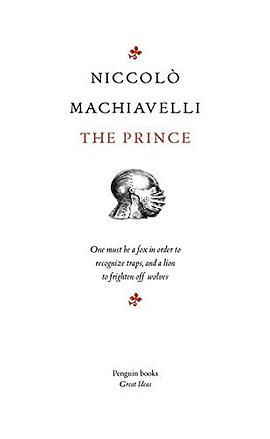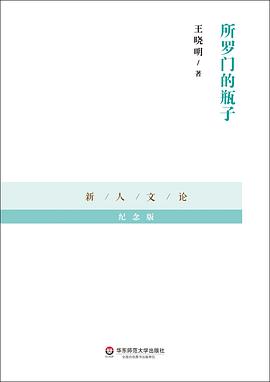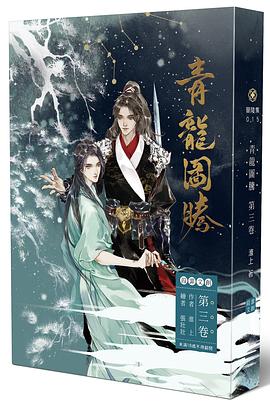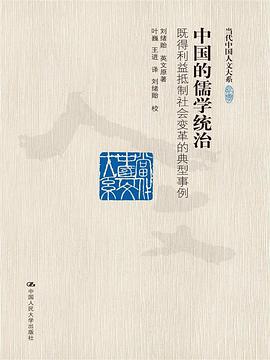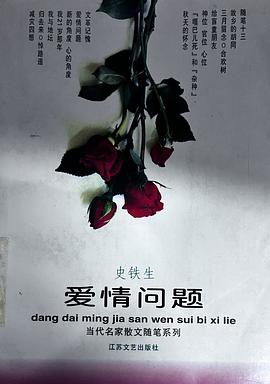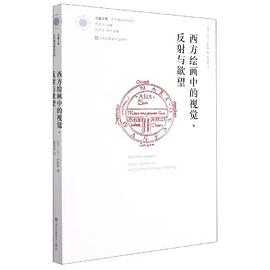Penguin Great Ideas
内容简介
Throughout history, some books have changed the world. They have transformed the way we see ourselves and each other. They have inspired debate, dissent, war and revolution. They have enlightened, outraged, provoked and comforted. They have enriched lives and destroyed them. Now Penguin brings you the works of the great thinkers, pioneers, radicals and visionaries whose ideas shook civilization, and helped make us who we are.
......(更多)
作者简介
Niccolò Machiavelli (born May 3, 1469, Florence-died June 21, 1527, Florence) Italian statesman, historian, and political theorist. He rose to power after the overthrow of Girolamo Savonarola, was appointed secretary and Second Chancellor to the Florentine Republic in 1498. Working as a diplomat for 14 years, he came in contact with the most powerful figures in Europe. He was dismissed when the Medici family returned to power in 1512, and during the next year he was arrested and tortured for conspiracy. Though soon released, he was not permitted to return to public office. His famous treatise The Prince (1513, published 1532) is a handbook for rulers; though dedicated to Lorenzo de' Medici, ruler of Florence from 1513, it failed to win Machiavelli his favour. Machiavelli viewed The Prince as an objective description of political reality. Because he viewed human nature as venal, grasping, and thoroughly self-serving, he suggested that ruthless cunning is appropriate to the conduct of government. Though admired for its incisive brilliance, the book also has been widely condemned as cynical and amoral, and “Machiavellian” has come to mean deceitful, unscrupulous, and manipulative. His other works include a set of discourses on Livy (completed c. 1518), the comedy The Mandrake (completed c. 1518), The Art of War (published 1521), and the Florentine Histories (completed c. 1525).
......(更多)
目录
......(更多)
读书文摘
君主应当把引发非难的事情委诸他人执行,而把施恩布惠的事情留给自己。
......(更多)
